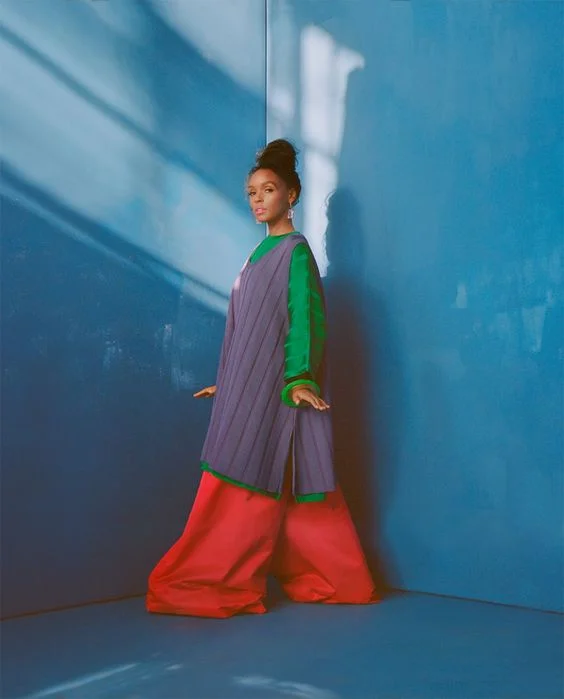Sex 101: Dispelling Myths Surrounding Disability and Dating
About the Series: Sex 101
With cuffing season just around the corner and Libra and Scorpio seasons in full swing, romance is in the air. Along with that, though, come rigid sexual norms, too many atrocious Tinder dates, and having to deal with our exes (and exes of exes, and so on). Are these just the things that we, as young people still understanding our own sexualities, have to go through?
Here at Camp Thirlby, we don’t think anyone should be denied the education and experiences that encompass their sexual and romantic lives across (ad outside of) the gender spectrum. However, that usually isn’t the case for many of us, whether that means having to seek out alternative forms of sex and dating information for queer folks or using our own lived experiences in a religious upbringing to process our knowledge and feelings towards sexuality years later. That’s where “Sex 101” comes in — a series that highlights the educations and experiences — no matter how unconventional — of our Camp Counselors that have something to say about how they navigated, learned, and unlearned certain sex and dating norms.
“But like, can you still fuck or nah?”
This was a real question I was asked on a date after disclosing my rare disease.
He claimed he was just joking, said that he’d make it up to me, but by that point, I was already walking away.
“Well, yeah, I can, but not you.” I responded to him feeling rather proud of myself.
Out of all of the ignorance I’ve dealt with in people’s reactions to my rare disease (and trust me, there has been a lot), this question is by far the worst. It is simultaneously highly intrusive and infantilizing, especially to get as a now 20-year-old.
Sex is already an incredibly stigmatized topic in society; we have enough trouble talking about it without adding any unnecessary extra layers of shame. Looking at this through a disability and chronic illness lens adds complexities of body image. When you’re told your body is failing you it makes it incredibly difficult to imagine, let alone feel confident and comfortable, being physically intimate with a partner. Additionally, there are such limited positive role models showing what sex can look like for disabled people.
Media never portrays the disabled girl as “getting some.” Instead we’re portrayed as the pity prom date or the token beautiful spirit. This kind of forced asexuality of disabled characters in media translates into very real, very deeply rooted internalized ableism for many including myself. For years, I felt like — despite having sexual experiences — I couldn’t really ever be a sexual being because of my illness, which is just so false.
I’ve recently started being more open with my sexuality on my social media platforms as a way to combat these stereotypes. Just the other day, I reshared a post on my Instagram story from the condom company Sustain advertising counting orgasms instead of calories (an amazing message, right?) and braced myself for the influx of criticism. It never came.
Instead I received messages from young people applauding me for my bravery. Don’t get me wrong; I was grateful to not have to deal with any negative messages, but honestly, the fact that so many people viewed this as brave can be just as problematic. Those same people likely wouldn’t think an able-bodied girl was brave for resharing an orgasm-positive post; in fact, they actually might even slut shame her for it.
These kinds of double standards surrounding sexuality are pervasive throughout our culture and navigating them is difficult for everyone, which is why, as frustrated as I get, I have to have compassion. Most people are probably extremely unaware of how bravery could be considered anything besides a compliment. Most people probably have not knowingly dated a disabled person, and there’s nothing wrong with being genuinely curious about how sex would work in that relationship. This is why education is so important.
Disabilities make up the largest minority in the country, yet we are so seriously underrepresented. If the media accurately portrayed disabled people as desirable and sexual, as having more use than as simply “inspiration porn,” then the concept of disabled people in relationships, both physical and romantic, would not be so foreign. We’d be able to have more open discussions instead of being stuck in the cycle of ignorance leading to offensiveness leading to shame and frustration.
I’m grateful I’ve been able to start breaking down these barriers in my own life, but there is still so much more work that needs to be done to dismantle the archetype media has constructed of disabled people before we can truly start seeing a change in society. We need more and better storylines on television, ones where we are not props for other character’s development. We need to see disabled people as models for lingerie companies. We need to see inter-abled couples in advertisements. We need normalization. One way I see this happening, beyond just increased visibility in media, is by including disability in sex education and health classes. The earlier of an age we can destigmatize the concept disabled people as sexual beings, the better, especially by doing so in an educational environment. The first step for all of these things to happen, though, is creating more safe spaces, like Camp Thirlby, for open, honest discussion.
About the Author
Shira Strongin is a third year student at the George Washington University majoring in Political Communications. Originally from Southern California, Strongin is an award winning advocate and writer who took her personal experience with rare disease and founded Sick Chicks, a 501(c)3 non-profit dedicated to uniting and empowering women with varying illnesses and abilities.


